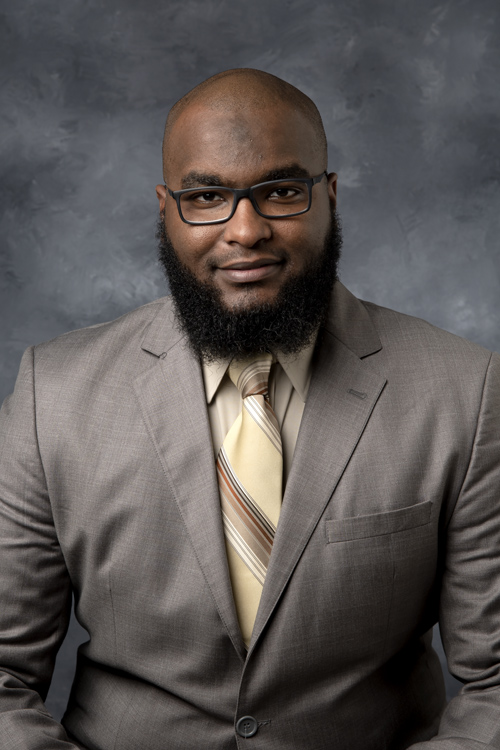
Taha Gesalla, Undergraduate student, Biomedical Sciences, Biology, Arabic
Dissects decision making
• Hometown: Des Moines, IA
• Faculty mentor/advisor(s): Daniel Tranel, Professor, Psychological and Brain Sciences; Daniel Bonthious, former Professor, Molecular and Cellular Biology
• What is your degree program and expected graduate date? Biomedical Sciences, minor in Biology and Arabic; Expected graduation May 2020.
• Please describe your research: My research is in sex differences in the functional lateralization of emotion and decision-making in the human brain. In my neuropsychology lab we are looking at cognitive behaviors and different lesions can occur in different areas of the brain.
• In simple terms, why does this research matter? In our approach to how the difference in sex can affect the decision-making processes, we conducted a selective review of studies examining the effect of vmPFC lesions on emotion and decision-making and found further evidence of sex-related differences in the lateralization of the vmPFC function. Other psychological processes such as emotion and decision-making, however, are still relatively unexamined from this perspective. Nevertheless, there is a growing body of evidence that several key neural correlates of emotion and decision-making show sex-related variations in functional lateralization.
• How soon after starting at the University of Iowa were you able to participate in research? I started immediately after I started at the University of Iowa. The first semester that I got admitted through LSAMP-INSPIRE program where I was matched with Dr. Daniel Tranel.
• How has being involved in research made you more successful at the University of Iowa? My motivation in participating in a medical program has been kindled by an intense interest in science and helping others. I grew up in Sudan and have only recently moved to the U.S. with my family in 2015. As a young Sudanese man, I attended schools where science programs were weak, but my interest in learning was strong. My parents always understood the importance of education even though they had to sacrifice their own education to provide for me and my siblings. We were forced to move many times when I was young. In 2015, we were given the chance to come to the U.S. Getting used to life in the U.S. has been interesting and challenging. Now in a land filled with opportunities and possibilities, I am extremely motivated to make the most of my education and give back to my family and others. At the University of Iowa, I’m actively involved in campus activities and service projects. Having come from a land where I personally witnessed innocent people dying from lack of food, water, and vaccinations, I’m compelled to do whatever I can to alleviate pain and suffering. At this point in life, I’m most interested in becoming a MD/PhD physician scientist.
• What are your career goals and/or plans after graduation? Having come from a land where I personally witnessed innocent people dying from lack of food, water, and vaccinations, I am compelled to do whatever I can to alleviate pain and suffering. At this point in life, I am most interested in becoming a researcher in Neuroscience and contributing to the field of medicine as well. Currently, I am pursuing B.S degrees in Neurobiology/Neuroscience and Microbiology. Eventually, I plan on pursuing my MD/PhD in neuroscience in an attempt to understand and discover that which has not yet been discovered. For example, finding a cure for epilepsy or Alzheimer’s, which are just examples of the many questions and issues facing the medical and scientific world. The classes I am taking right now are all connected with what I want to pursue in the near future. Even at this time my work in neuropsychology and cognitive behaviors has given me a passion to pursue the dual MD/PhD degree. By having an MD/PhD degree, I want to be an educator, an inspiration and influential physician-scientist that bridges the gap between that which is seen in the clinic and that which is discovered at the bench side. Throughout my life I was able to experience first-hand just how big of an impact medicine can have on research and research can have on medicine. The relationship between these two fields is very delicate and enables both clinicians and scientists to more applicably do their job. For this reason, it has always been a career aspiration of mine to combine these two fields into a dual degree – the MD/PhD degree. To be able to facilitate conversations amongst these two respected fields by playing the role of both physician and scientist would enable me to do just that: take questions from the clinic and answer them at the bench side.
Banner location: not on display—
